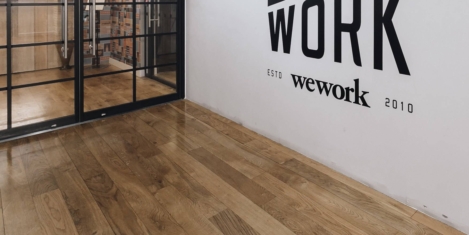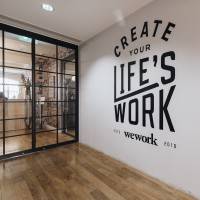August 10, 2015
London is leading the way in the global coworking revolution 0
 Changing attitudes amongst occupiers towards office space and the explosion in the numbers of freelance workers and microbusinesses are driving an upsurge in coworking and other flexible working environments worldwide. That is the key conclusion of a new report from DTZ which claims that the number of dedicated flexible working locations worldwide is likely to hit 50,000 over the next three years, with parts of London leading the way. We reported recently how coworking pioneer WeWork has already announced its plans to dominate London’s commercial property scene in the same way it already does Manhattan’s. Now, the How You Work report from DTZ suggests that this is the shape of things to come for many cities, with London leading the way alongside a tranche of global tech and creative centres such as New York, Berlin and Shanghai.
Changing attitudes amongst occupiers towards office space and the explosion in the numbers of freelance workers and microbusinesses are driving an upsurge in coworking and other flexible working environments worldwide. That is the key conclusion of a new report from DTZ which claims that the number of dedicated flexible working locations worldwide is likely to hit 50,000 over the next three years, with parts of London leading the way. We reported recently how coworking pioneer WeWork has already announced its plans to dominate London’s commercial property scene in the same way it already does Manhattan’s. Now, the How You Work report from DTZ suggests that this is the shape of things to come for many cities, with London leading the way alongside a tranche of global tech and creative centres such as New York, Berlin and Shanghai.


































August 14, 2015
Far from being on board, older women still face recruitment bias 0
by Sara Bean • Comment, News, Workplace
More →